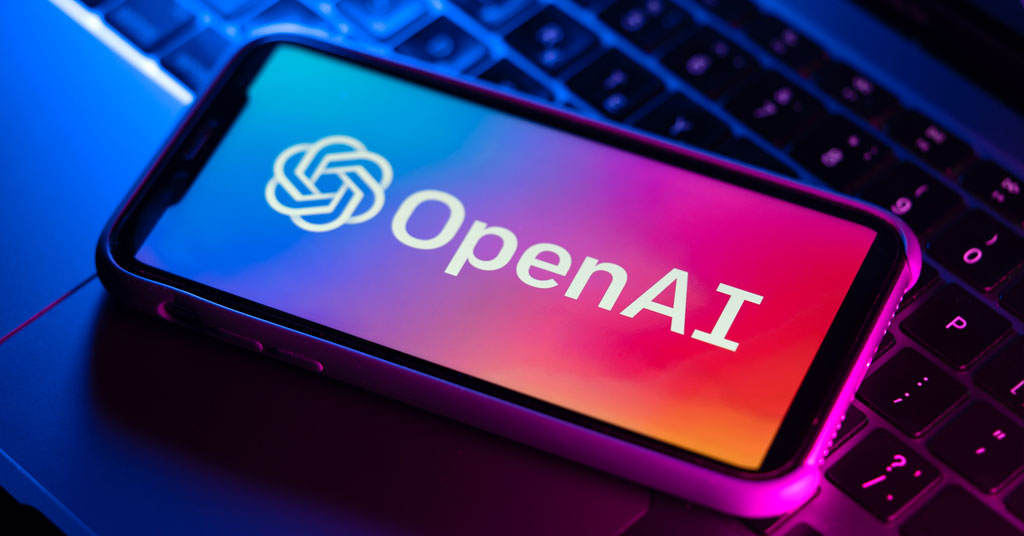
While artificial intelligence (AI) is already improving the customer experience, it will dramatically alter the employee experience over the next decade. Tedious tasks that once took agents hours to complete, such as data entry or replying to repetitive questions, will be relegated to computers.
Along with its ability to imitate human behavior and communication, AI will affect the employee experience in numerous ways. It will boost satisfaction and help employees create a best-in-class customer experience. AI will make the role of customer service agent far more rewarding and enjoyable.
“When you put the employee first,” says Harald Henn, CEO of Marketing Resultant, “it can help turn the modern contact center workplace into a synergistic powerhouse where people produce consistently incredible results. Who is going to go out of their way for your customer? An employee who is underpaid, overworked, and doesn’t feel appreciated? Or an employee who’s treated like a valued member of the company?”
Henn says AI can support employees and make them happier by eliminating tedious search tasks and finding relevant information in a fraction of the time. In addition, AI chatbots will handle those simple, monotonous tasks in real time, freeing the employee from the tedium of repetition and creating a more positive employee experience.
Help with demanding customers
AI also can help reduce employee caused by angry or demanding customers. During peak days or seasonal rushes, answering the same question 8,100 times a day doesn’t make any employee happy. AI will eliminate transactions such as delivery status questions, freeing customer service reps to focus on the more complex, rewarding tasks that require human attention and deep understanding of customer needs.
In her blog, “How AI Will Improve the Employee Experience This Decade,” Kaila Krayewski writes, “The capabilities of AI can go far beyond automating simple, repetitive tasks if we consider how AI can work together with humans to create a team of what are essentially super employees. AI will also help guide employees through more complex customer journeys.”
Krayewski says AI will be a supportive and cooperative ally to agents, offering advice, initiating related processes, and updating CRM data. “As chatbots and virtual agents are adopted more widely and become better,” she says, “automation rates will increase, escalation rates will decrease, customer service will become more efficient, and everyone will be happier.”
Henn predicts that “AI chatbots will identify a customer’s intent and, based on what the customer needs, pass this request on to robotic process automation.” At times, AI will successfully take care of requests without an employee being aware of it. “This will give a lot of extra time for employees to do what human beings can do best: engage with a customer, empathize, and build a strong relationship,” Henn says.
Ignore AI at your peril
Diane Brady, assistant managing editor at Forbes, says employers owe it to themselves to incorporate AI into their businesses as a way to eliminate future labor shortages. “Those who choose to ignore the power of new AI tools may not last long enough to get to that point,” she says. “There will be new jobs created, and many that could be permanently disrupted, perhaps reviving debates about universal incomes and pressure for skills training.”
Brady says she has been impressed by generative AI, which are algorithms that generate fresh images, sounds, and content that dazzlingly—and often disturbingly—end up as good or better than what humans can create. The most heralded of the bunch thus far (not to mention the fastest-growing consumer Internet application in history with more than 100 million users) is ChatGPT,” she says. Launched by OpenAI in November 2022, the chatbot is editing research papers, passing business school exams, composing music, and proving to be a terrific customer-service rep, coder, marketer, and therapist to all.”
ChatGPT offers detailed responses and articulate answers across many domains of knowledge. Its factual accuracy needs work, but ChatGPT has many applications, including the ability to mimic human conversation; write and debug computer programs; compose music, teleplays, fairy tales, poetry, song lyrics, and student essays; answer test questions (sometimes better than the average human test-taker); emulate a Linux operating system; play games; simulate an ATM; and offer nuanced answers to queries.
ChatGPT doesn’t “trust” every query it gets. When offered an untrue premise about Christopher Columbus arriving in the U.S. in 2015, it acknowledged the “lie” and framed the answer as what might have happened if Columbus had arrived in that year. Unlike its predecessor, ChatGPT can “remember” things previously said in a conversation and tries to reduce harmful/deceitful responses. Queries get filtered through its parent company’s technology to eliminate racial and sexist prompts.
Doing more with less
There is no arguing that machines and AI are faster, cheaper, and more efficient than humans for a range of tasks. They also make fewer mistakes than humans. When a bank started using chatbots to handle more than 1.5 million claim requests each year, it found that the work of 85 bots was equal to the output of 200 full-time human employees at only 30% of the cost. The future of automation cannot be denied. What is your company doing to prepare?
John R. DiJulius III, author of The Customer Service Revolution, is president of The DiJulius Group, a customer service consulting firm that works with companies including Starbucks, Chick-fil-A, Ritz-Carlton, Nestle, PwC, Lexus, and many more. Contact him at 216-839-1430 or info@thedijuliusgroup.com.